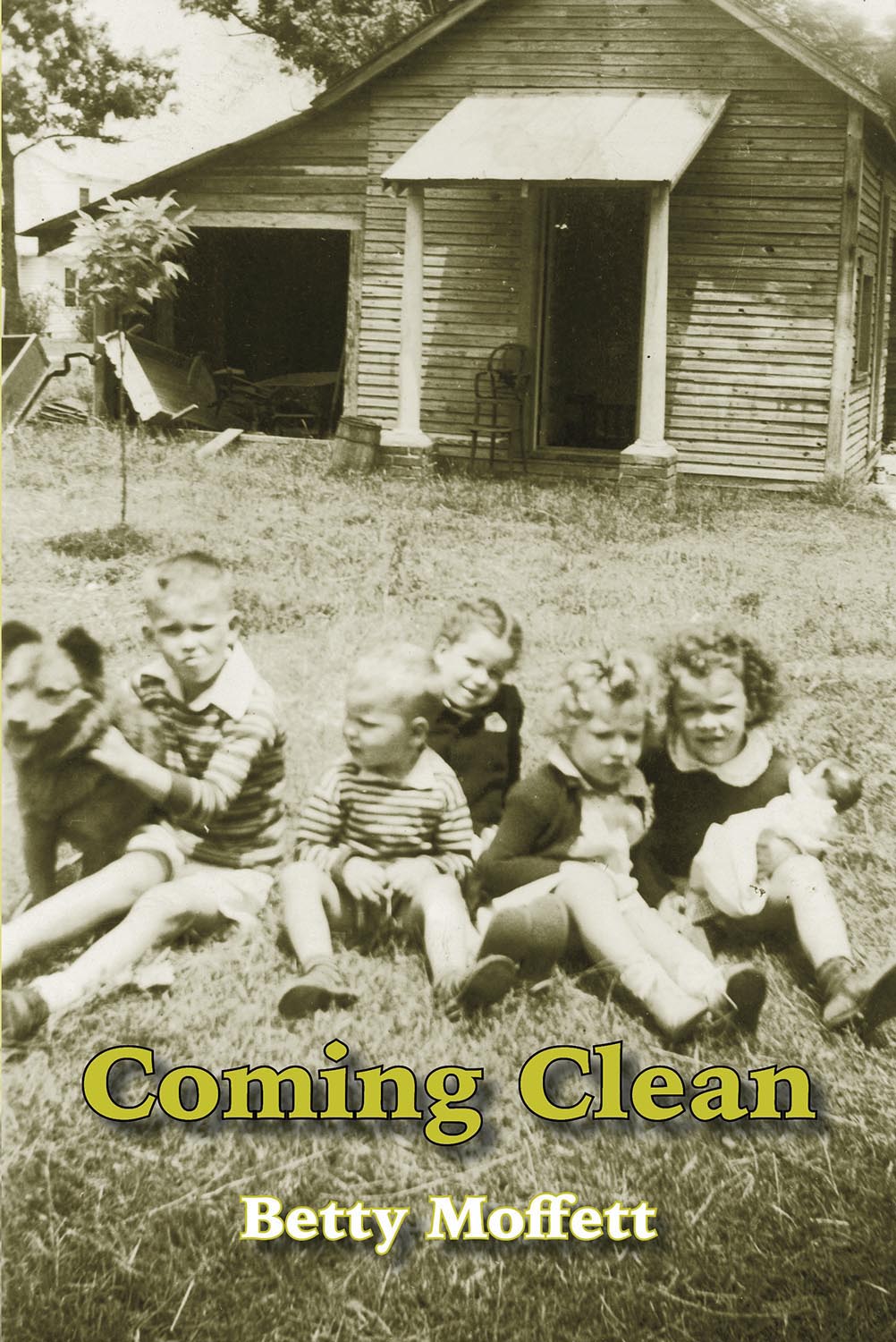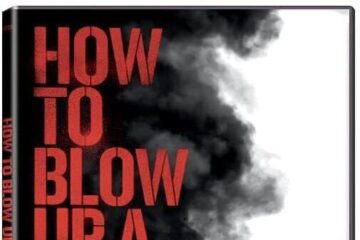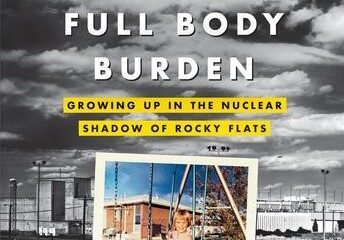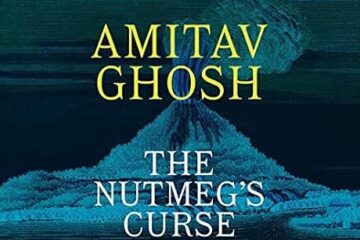Betty Moffett
Ice Cube, 2018
ISBN: 9781948509022
It is clear in her new book, Coming Clean, that author Betty Moffett comes by her storytelling honestly. It’s in the blood of her kin, passed down from father to son to daughter and diffused through cousins and neighbors aplenty. But there’s more to storytelling than relaying a good yarn during a Sunday gathering at the family farm. Moffett’s dry humor takes the silver threads of her family and community narratives and transmogrifies them into gold.
In its strength of story-crafting, Coming Clean joins company with Harry Crews’ A Childhood and other such rural memoirs in which small-town-space breaks down red and blue labels into complex, contradictory people making their place in the world with whatever material they’ve been handed. Coming Clean has few of the dramatic moments that typically signpost a contemporary memoir: deaths or poisonous loves or terrible secrets or other trauma. It does not need them. The book sings with the quieter—and often more significant—moments of meaning-making that compose all the days and nights in between our major drama.
Identified merely as “stories,” the individual narratives of Coming Clean are rich with scene and other tools of fiction, yet follow the author-as-narrator through the full course of her life thus far. Meanwhile, the opening stories take us back through the generations of Moffett’s father’s family, before she was born. At every age, our observant narrator moves around her world with equal parts reverence and skepticism. Her prose revels in the profound effects of the small kindnesses and silly pranks that make life—and the text—both a joy and full of meaning.
The question of how much of each story is true and how much is crafted becomes irrelevant. The stories tell truths, be it the ways societal pressures on the body can shape a teenage boy’s career in “Hometown Boy” or the complicated forms of love and generosity and family that a group of individuals can build in “Just The Way It Was.” At the end of “Cowboys,” a story that tackles the gray area between authenticity and posturing (what the author might call phony-ism), Moffett addresses the reader directly, questioning the line between reality and story:
“What’s the difference between written fiction and lived fiction? If you live it, how do you get out of it, end a chapter, close the book? How much energy and courage does it take to live that something you’ve made up? To outlast the skeptics? To offer them a piece of your own fantasy?”
Whereafter I closed the book and took a long, hard think at my own lived existence.
Overall, Moffett’s stories about life in small-town North Carolina and Iowa show the full complications of many lives, yet highlight, above all, the goodness in people of all places, rural and beyond. The book leaves off with the feelings of optimism and playfulness, two emotions always needed.
Reviewer Bio: Molly Rideout is the creator of numerous short stories installed in public spaces throughout Iowa and Wisconsin. She is currently working on her first novel.




